Da Nang Oncology Hospital screens for lung cancer using low-dose CT scans without contrast for people. Photo: LE HUNG
Minimally invasive treatment efficacy in early stage cancer
Patient D.TN (58 years old) went for a routine health check-up and was prescribed a colonoscopy to screen for cancer by doctors at Da Nang Oncology Hospital.
Through endoscopy, the doctor discovered a carpet-shaped tumor in the rectum, about 7x8cm in size, occupying nearly 3/4 of the rectal circumference - a typical form of early cancerous lesions.
The patient was assigned to undergo CT-MRI tests to assess the stage of the disease before treatment intervention. The pathological results of the tumor determined: the patient had early stage rectal cancer, the cancer cells were only localized in the mucosal layer, not invading the layer below.
Thanks to early detection and timely intervention, the patient recovered quickly and was discharged safely after only 1 day of intervention. This is a testament to the effectiveness of minimally invasive treatment in early stage cancer.
According to Dr. Nguyen Ngoc Son, Head of the Department of Endoscopy and Functional Exploration (Da Nang Oncology Hospital), gastrointestinal cancer (including esophagus, stomach, colon and rectum) is a group of diseases with a high incidence rate. Most gastrointestinal cancers are only detected at an advanced stage, when the patient has obvious symptoms.
Treatment at late stages is often very complicated, requiring surgery, chemotherapy or radiotherapy; accompanied by high costs, high risks of recurrence and metastasis.
On the contrary, if detected at an early stage, the patient can be effectively treated with endoscopic submucosal dissection (ESD) technique, which allows for complete removal of the lesion without open surgery. This is a specialized technique, requiring high skills and modern equipment.
Currently, Da Nang Oncology Hospital is one of the few units in the Central region that routinely deploys ESD technique in the treatment of early-stage gastrointestinal cancer.
Regular screening: an important measure
The leaders of the Da Nang Oncology Hospital said that regular cancer screening is an important measure to help detect early signs of cancer, thereby increasing the possibility of successful treatment and improving the quality of life for patients. Many types of cancer can be effectively treated if detected in the early stages, such as: breast cancer, cervical cancer, colorectal cancer...
Doctors at Da Nang Oncology Hospital perform mammograms to screen people for breast cancer. Photo: LE HUNG
“Regular screening not only helps detect cancer early but also helps reduce treatment costs and avoid invasive treatments. In addition, screening also helps raise health awareness, encouraging people to change to a healthier lifestyle. This is not only an investment in current health but also protection for the future,” emphasized Dr. Nguyen Thanh Hung, Director of Da Nang Oncology Hospital.
According to the Centers for Disease Control (CDC), cancer screening is the process of periodically examining people who have no symptoms of the disease to detect cancer or precancerous conditions early. The goal of screening is to find the disease at its earliest stages, when treatment is most effective and survival rates are higher.
Dr. Nguyen Dai Vinh, Director of CDC Da Nang City, said that recently, CDC has proactively coordinated with units to organize screening programs for common cancers to help people better understand the meaning of cancer screening as well as grasp the necessary information about cancers that need screening and screening tools.
Through the programs, CDC hopes that people will have a correct understanding of the meaning of cancer screening; the cancers that need screening and screening methods; and the long-term goal of reducing the rate of overuse of ineffective screening indications.
The City CDC is very interested in the field of prevention and control of non-communicable diseases, including cancer. Therefore, in addition to propaganda work to raise people's awareness of risk factors, healthy living and vaccination, the unit has developed a plan to screen for cancer in high-risk subjects and effectively manage patients.
According to Globocan 2022 data, in Vietnam there are 5 types of cancer with the highest number of cases and leading mortality rates including: breast, liver, lung, colorectal and stomach cancer. Cancers with high incidence and mortality rates, with valuable screening methods and effective treatment if detected early will be recommended for screening.
Source: https://baodanang.vn/chu-dong-tam-soat-ung-thu-de-bao-dam-suc-khoe-3300420.html


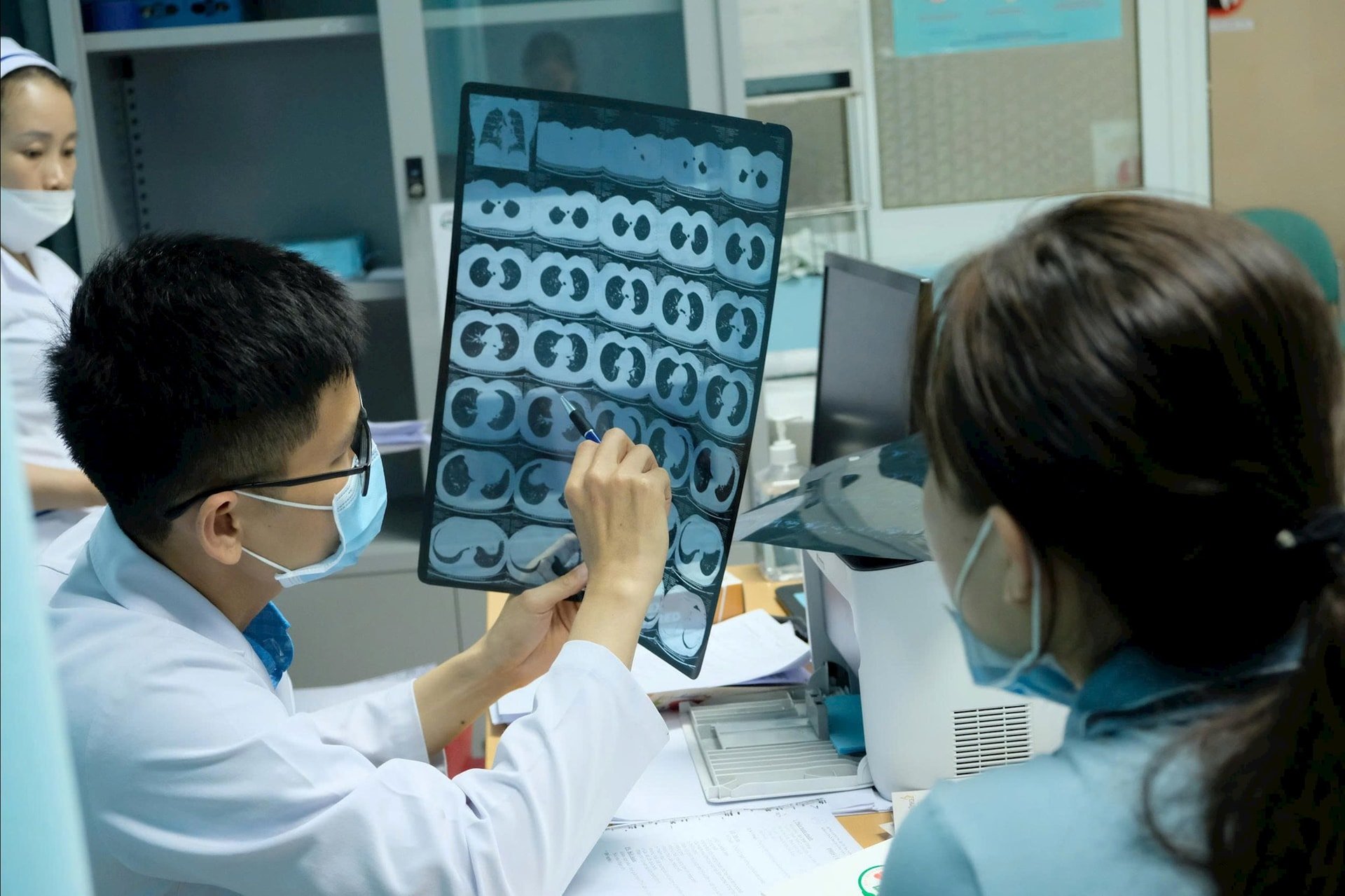
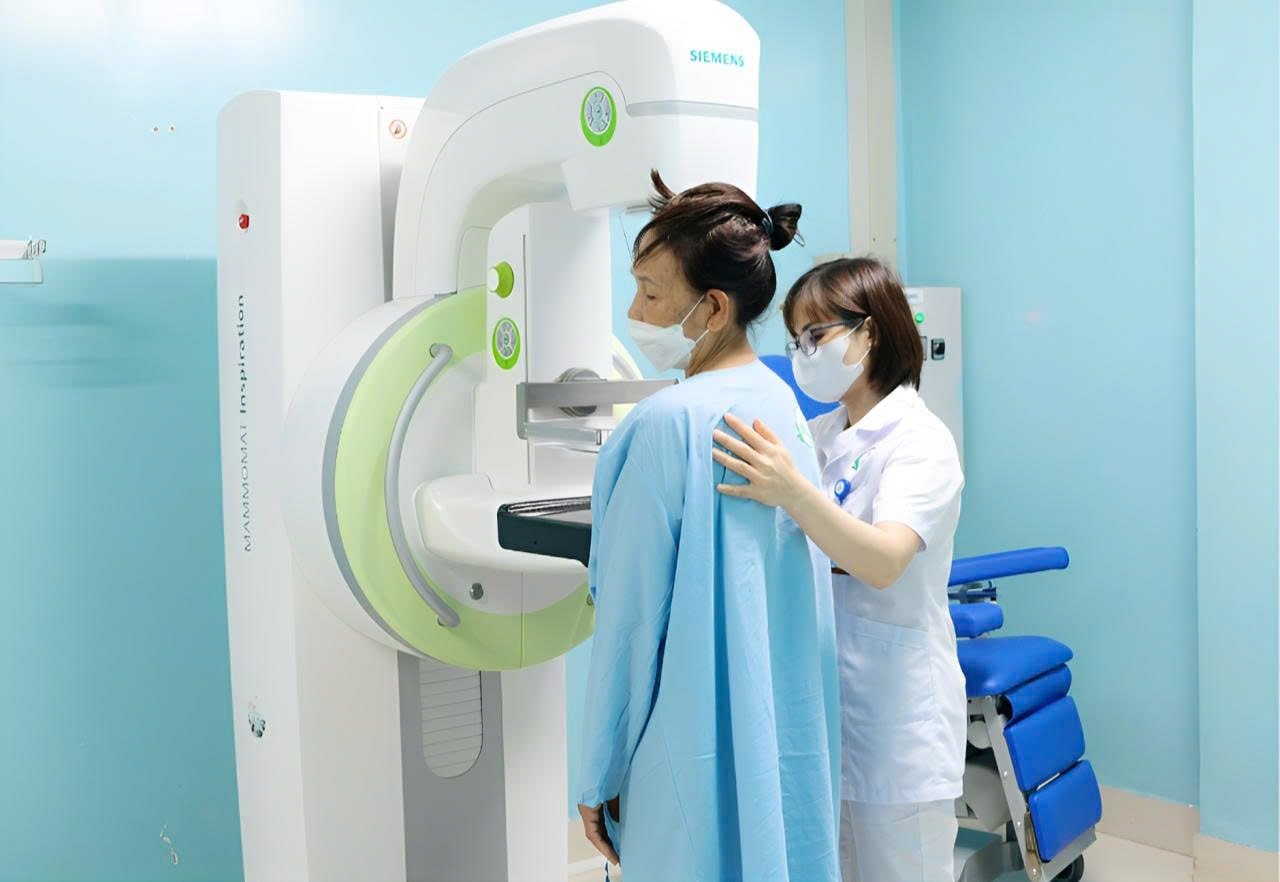






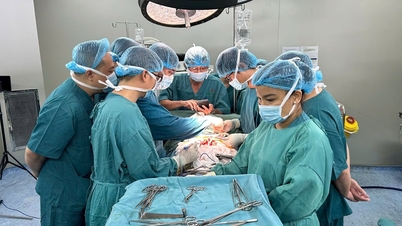
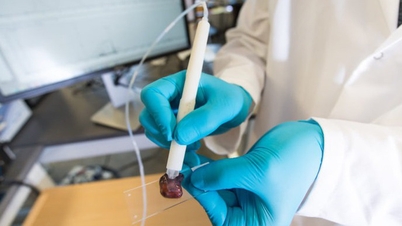

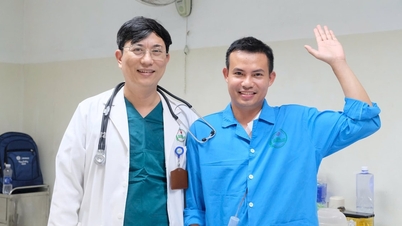
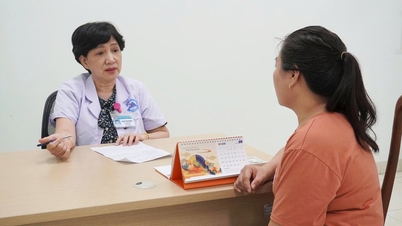











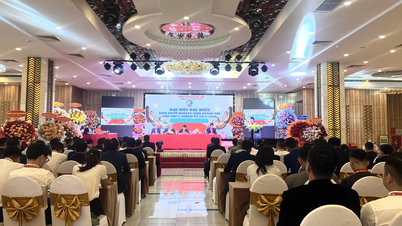

















































































Comment (0)